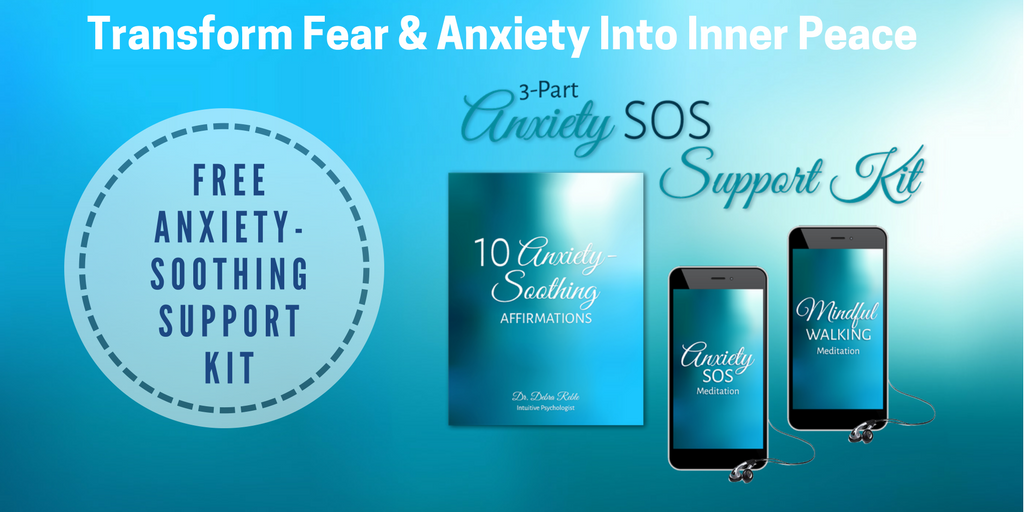 “What if our religion was each other. If our practice was our life. If prayer, our words.
“What if our religion was each other. If our practice was our life. If prayer, our words.
What if the temple was the earth. If forests were our church. If holy water—the rivers, lakes, and oceans. What if meditation was our relationships. If the Teacher was self-knowledge.
If love was the center of our being.” —Ganga White
This is the third installment of my 3-part Return to Love article series. You can read the first article in the series here and the second one here.
To create a global climate of love, we have to start by establishing an environment of compassionate community in our workplaces, schools, and homes. This requires building a safe and nurturing environment where people can embrace and express their vulnerabilities, giving the gift of transparency to others, and supporting them without judgment. Even though we often associate vulnerabilities with emotions related to fear or pain, they are also at the core of our positive emotions related to love, joy, and compassion. Without absolute vulnerability, we cannot experience the depth of such emotions, which enhance our relationships with others and our experiences of life.
Unfortunately, we have grown up in a society where few people consider vulnerability an asset. Many of us were raised in families, attended schools, or worked in environments where being vulnerable was a sign of weakness or failure. We’ve been taught to hide our imperfections and to avoid anything that makes us feel uncomfortable. When showing vulnerability, we were likely told: “Stop crying or I’ll give you something to cry about,” “Boys don’t cry,” or “Suck it up.” For this reason, we are terrified to connect with ourselves or others in a real and tender way. The adoption of such shame-based mind-sets, which promote feelings of unworthiness, is undermining the culture of love in our society and throughout the world. This needs to change if we want our children to lead connected, compassionate, and creative lives. But first we have to be courageous enough to reveal our own vulnerabilities to help create a global climate of love in which our children can be themselves.
We want to see that children are born into homes and go to schools where they are accepted and loved. Yet love is not present if the parents and teachers who care for our children don’t love themselves and therefore don’t know how to love others unconditionally. Although many children are raised in homes where there is adequate physical care, many are still lacking real love and connection. Regardless of class, race, and gender, many families still operate in a climate where chaos, neglect, abuse, and shame take the place of―or even masquerade as―love.
Without a safe environment in which to embrace their vulnerabilities, most children will not learn how to express their authentic selves. Children look to their parents and caregivers to mirror the love that they are; therefore, if we want our children to feel loved, connected, and worthy, we must treat our homes as sanctuaries―energetically safe spaces where they can express themselves fully, and experience the feeling that they are lovable just the way they are. It’s much easier for them to develop self-love when they are surrounded by unconditional loving, accepting, respecting, caring, and trustworthy role models who are not afraid to look at their own imperfections and spiritually grow. As parents, creating such a climate of love requires us to be champions of vulnerability. We must feel worthy and lovable, and accept our own imperfections and weaknesses fully, if we want to teach our children that they are worthy and lovable. In other words, we have to walk our talk of self-love and worthiness.
No school or workplace can function well outside a climate of love, which is why heart-centered educational and work practices are so important. We must not only teach our children information, but also gratitude and compassion. We can assist them in developing inner wisdom, cultivating self-esteem, and following their hearts. This requires encouraging children to seek answers to their spiritual questions from within, be passionate and open-hearted, and trust their experiences. Most of all, we must raise our children to know that they are co-creators of their realities, and that we are all one energy in love.
I look forward to a day where we celebrate the importance of vulnerability to a loving world. When we learn to embrace our vulnerabilities and become resilient to shame, we can transfer these core values to our families, schools, and workplaces, creating a climate of love locally and globally. Such a communal climate of love is at the heart and soul of a benevolent, compassionate, and consciously evolving world. It supports a higher vibration of transcendent love in which we can transform each other and spiritually progress as individuals, and as an international community. In this state of collective heart coherence, we will see our light reflected in the faces of all of our fellow human beings.
A global climate of love can heal a loveless world.


Loved this piece and couldn’t agree more! Thank you!
Thank you Ginny <3
Yes Debra, by creating love and teaching self-love and self-esteem to our children i believe change will come. We just need to keep shining our light and sharing the message of the healing power of love
Children truly are our future and the future of our human consciousness to a higher loving vibration! <3
Lovely post, my friend. The phrase “radical acceptance” keeps running through my head. Differences are made to be celebrated.
Thank you Andrea…differences are made to be celebrated and honored! <3
Beautiful article. Thank you. This is exactly why I take my parenting job so seriously. I am raising children who will be able to help model the ways of the new earth. Being Love!
Thank you Hedy! I wholeheartedly agree that’s how I raised my children and now I’m watching them now raise their children with compassion and tolerance <3
Yes, Yes, Yes! Thank you Debra, for your strength and clarity on this. Children really are our future—it’s not just something nice to say. What we do with our children (and the policies that we support—or not) affects the planet.
Absolutely Laurie…children are our and how we raise and interact with them determines the world’s future. Let’s show them a compassionate loving world! <3
I would love to see a world where our religion was each other, and where we can all live in a safe environment. Sadly sometimes I feel as if everyone is so scared of the world, they would rather bury their heads than risk standing up for love. Maybe if enough of us stand up, that can change.
I would too Barb and we have to move out of fear and choose love so that our children have a future. And when enough of us stand up for love, it will change! <3
I absolutely love this article Debra! I kept thinking while reading this article…that we could literally create heaven on earth if all our children were truly brought up with love rather than fear.
May the vibrations of this article spread far and wide…every parent MUST read this. Thank you for sharing your light.
xoxo, Z~
What a wonderful and positive message! I remember when my 8th grade teacher was saying good-bye to the class on the last day of school, this was back in the good ole’ days when we didn’t openly express feelings! She ended her good with a simple statementthat she loved all of us. Several of the children obviously felt uncomfortable by this brash statement, but the rest of us understood. I’m glad that things are changing towards being able to openly express love and caring!